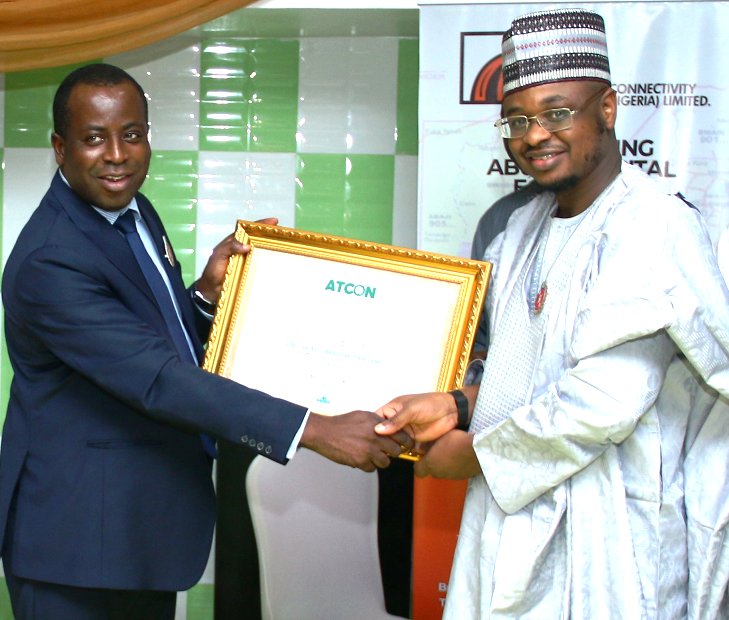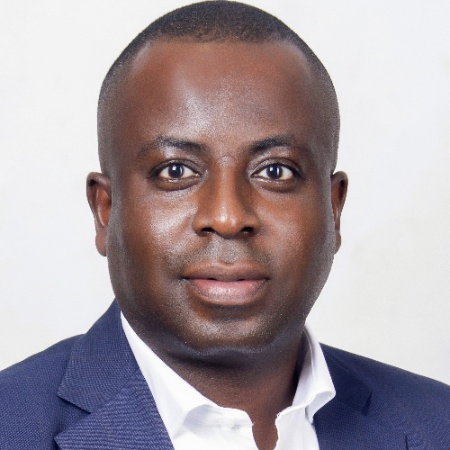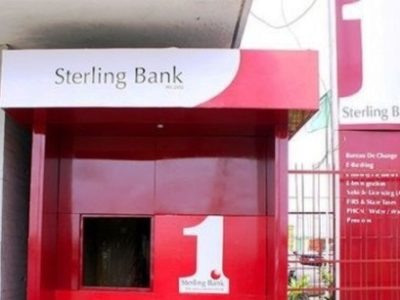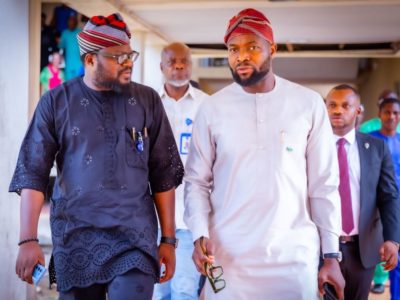President of the Association of Telecommunications Companies of Nigeria (ATCON), Olusola Teniola, revealed how COVID-19 has impacted negatively on telecoms revenue, Fallen oil price and a shrinking economy would only mean that the telecom/ICT industry, heavily depended on the health of the naira for import of equipment and high skills, will be among the first casualties. But hope remains strong on the horizon for the future of telecoms and the economy in post Covid 19 Nigeria. Government must lead the way: provide incentives to support much needed infrastructure deployment and achieve 90% 4G penetration by 2025; allow the full the implementation of the Nigerian Broadband Plan to open wider new opportunities for operators and consumers; engender stronger business confidence to allow private investments create new businesses and much needed job within the telecom ecosystem. He shared his thoughts with IT Edge News, Olusegun Oruame.

Covid-19 has impacted negatively on businesses. How are your members coping?
It is mixed. On the one hand we have those members that focus mainly on the consumer side of the market that have been able to rely on their voice-centric business albeit with y-o-y declines relative to previous years and a growing data and digital services revenue stream that doesn’t compensate for losses in voice revenue. On the other hand, we have a greater number of our members that focus on rendering services predominately to the enterprise segment of the market that have seen a drastic decline in their revenue due to the COVID-19 lockdown and businesses effectively shut down or running at bare minimal. In both cases the COVID-19 stay-at-home directive has had an impact on revenue and applied pressure on our members’ networks.
“All businesses in Nigeria that are reliant on importation of technology and know-how are dependent on a stable and strong Naira. It is apparent that with ongoing pressure on the oil market that the challenge will be the availability of effective hedging tools to mitigate against any potential devaluation of the Naira against the USD$.”
Is there a way out that ATCON sees as necessary to mitigate the impact of Covid-19?
Indeed. The implementation of the Nigerian Broadband Plan 2020-25 will kick start new opportunities in the industry and attract much needed FDI to achieve the 70% penetration by 2025. All businesses in Nigeria that are reliant on importation of technology and know-how are dependent on a stable and strong Naira. It is apparent that with ongoing pressure on the oil market that the challenge will be the availability of effective hedging tools to mitigate against any potential devaluation of the Naira against the USD$. We seek CBN’ intervention in addition to incentives from government to support much needed infrastructure deployment to achieve 90% 4G penetration by 2025.
The Senate has ruled to probe 5G. Is the conspiracy theory coming to roost with legislators and what is ATCON doing to address this?
We are planning to be part of the 4-week investigation that the Senate has given the various Senate committees to look into the theories. It is important to state in addition to the clarification that we have already made in the media over the past 6 weeks or so, that there isn’t any substantive evidence to support the claims being made by Environmental Scientists, anti-5G groups and those who seek to create fear and scare in the minds of citizens. Recently after many rejoinders from pastors, politicians and the removal of these conspiracy theorists unsubstantiated claims from social media platforms, we now face individuals reading into the Guidelines by ICNIRP and not realising that operators do not operate their networks anywhere close to the limits specified for 2Hz to 300GHz frequencies. Which is what has been used in the past and now going to be used for the 5G technology for 6GHz below and above for mmWave. We shall present the facts and allow the experts to demonstrate the folly of the latest arguments being made by certain individuals against the progress and the development of our country.
“We shall present the facts and allow the experts to demonstrate the folly of the latest [anti 5G] arguments being made by certain individuals against the progress and the development of our country.”
Everything has changed. What is the future of telecom/ICT after Covid-19?
It is well known and recognised that automation, IoT, e-services, robotics, AI and Machine Learning and many other relevant use cases for Africa in Agriculture and telemedicine will require the full implementation of a 4G network in conjunction with fiber as the basis for connectivity. In fact, at no other time is it important than now that we secure our infrastructure and get it ready to support the new world of ‘data’, digitisation and digitalisation. Telecoms is the bedrock and the critical pillar for a digital world. I see all our members contributing positively to making this a reality over the next 10 years by creating more jobs and lifting millions of our people out of poverty.
What should government be doing now to support and save technology businesses from collapse?
Continuous encouragement and creating an enabling environment for what is a private sector driven and led knowledge society. Tax waivers for startups and support for innovative Nigerian solutions that addresses the many problems existing in the way we operate our economy. We need to collaborate more both within government and with the ICT sector to provide the Smart Cities and in order to contribute to the 4th Industrial Revolution (4IR) in order to ensure that the evolving industry is part of the changes heralded by the next generation of workers, our youth.
“We seek CBN’ intervention in addition to incentives from government to support much needed infrastructure deployment to achieve 90% 4G penetration by 2025.”
COVID 19 exposed Nigerian government’s lack of database for its citizens, how are your members looking at working with the FGN to build a comprehensive database for all Nigerian citizens?
It has always been evident that Nigeria now needs a digital addressing system. Similar to what Ghana introduced in 2018. Alongside this system is the need for an alignment with a robust and valid population and National Identity number to begin with. This effectively means partnership with NIMC and other bodies to ensure targeted infrastructure is present to be able to collate the data and process it in a manner that is meaningful. We are aware of this and identified some of the gaps in the Nigerian Broadband Plan 2020-25. Collaboration is the key.































